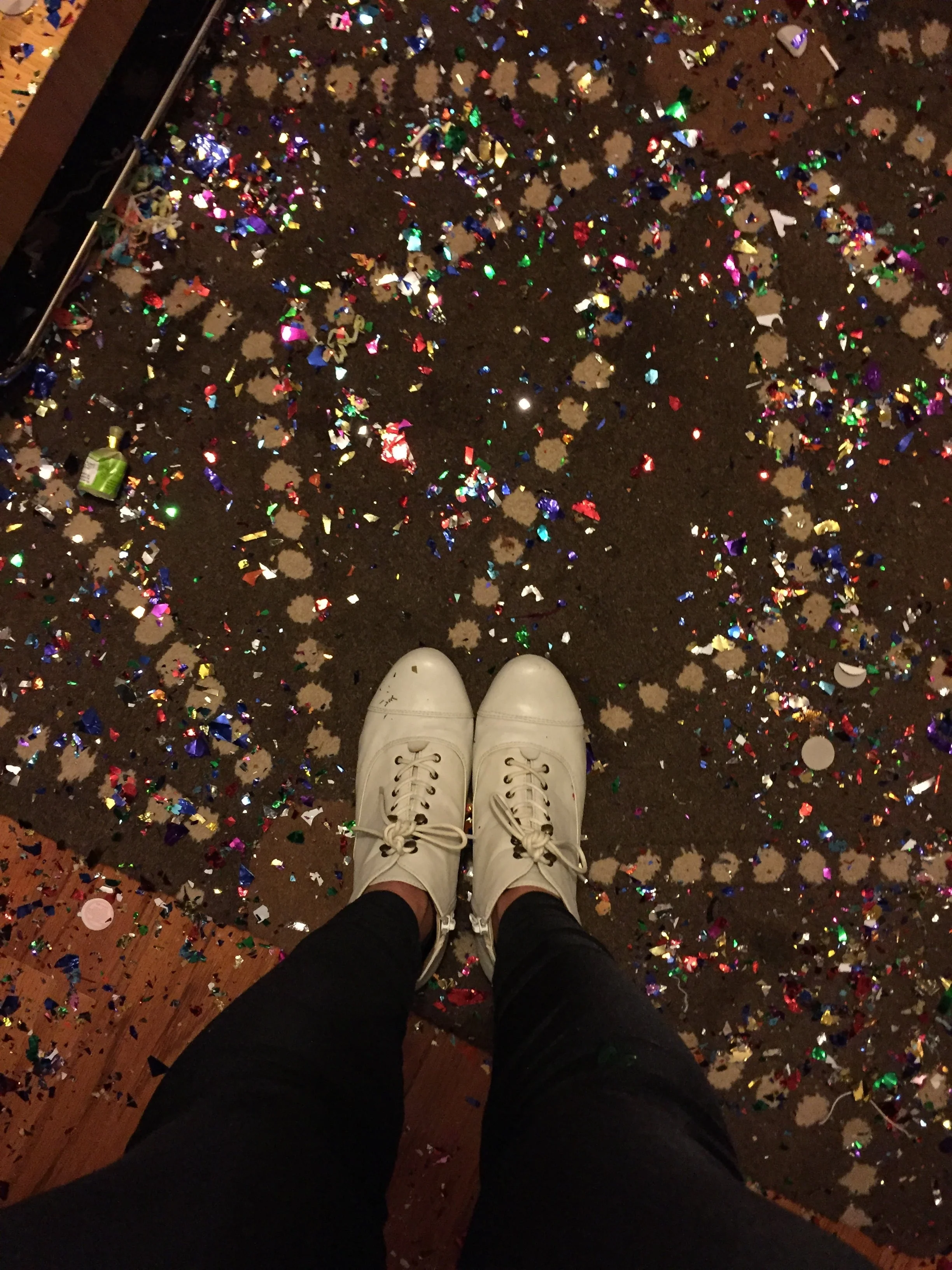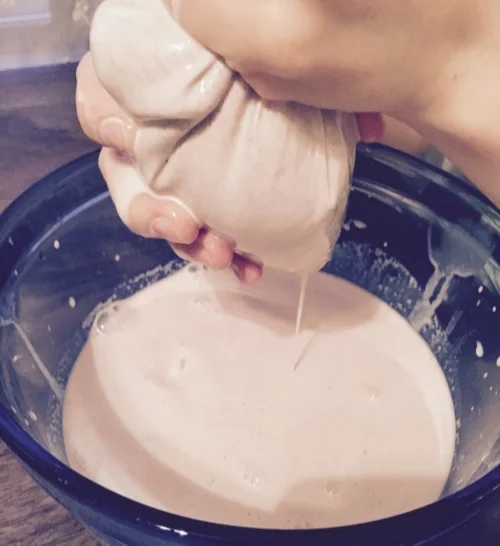To me, there is nothing like the smell of coffee brewing. I’ve loved that smell since childhood. At 16 I began regularly drinking coffee. These days I joke to my kids that my mom gave me coffee as a very young child and that’s the reason why I’m so short. Truth be told, I started drinking coffee at too young of an age because I was frequently tired.
Over the years I didn’t think much about the fact that I’d become dependent on coffee, as it had become one of my morning rituals.
At certain times in my life, such as when I was prenatal, I took a break from coffee completely. But you can bet that postpartum I jumped right back on the wagon! I particularly loved my coffee during this challenging period of major sleep deprivation!
Then, a few years after I had my two kids, my life took an unexpected turn. I experienced the sudden tragic loss of one of my parents. This loss wounded me deeply. As I tried to adjust to my new reality, I found that I had quickly developed severe anxiety which was a affecting my health and life tremendously, and I immediately developed insomnia to boot.
I’d visit my acupuncturist and share my sleeping woes. Of course, coming off of coffee was always recommended.
As I loved having coffee—and let’s be real, decaf just isn’t the same—I just did NOT want to give up this small daily pleasure! However, as my lack of sleep grew worse, I felt like I had to see if giving up coffee would be a way for me to help myself. It’s not like it had to be forever.
The first thing I did was substituted black tea for my coffee for a week. Then, I moved to green tea, and finally to warm water with lemon, tumeric and honey. After a while I’d drink black tea a few times a week, but I stayed away from coffee for six months and my sleep improved. Not drinking coffee for a period of time really did help me because of I was suffering from adrenal fatigue.
Two reasons to consider NOT drinking coffee according to Dr. Mark Hyman:
Caffeine. Adrenal Fatigue – or more accurately, Hypothalamus-Pituitary-Adrenal Axis Dysregulation (or HPA axis-dysregulation) – occurs when your circulating cortisol levels exceed your body’s capacity to function or handle stress. People with HPA axis-dysregulation are already pushed to their limits and essentially don’t have the ability to tolerate more stress, even if it is in the form of a chemical (caffeine) and not mental or emotional (like stress from work or family).
Gut irritation. Coffee is acidic. Let’s face it: Most people love their coffee with a touch of cream and sugar to buffer the acidity that black coffee causes. Coffee increased gastric secretions, which can harm the sensitive lining of the gut, and it can also create major damage in sensitive individuals who react to chemical inherently found in coffee.
Wondering if giving up coffee is right for you or want support to help kick the habit? Contact me today for a free consultation and we’ll figure it out together. From one coffee lover to another: I promise it’s not a bad as it seems.















